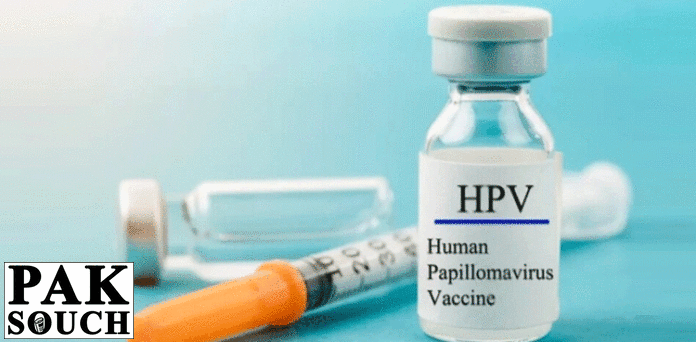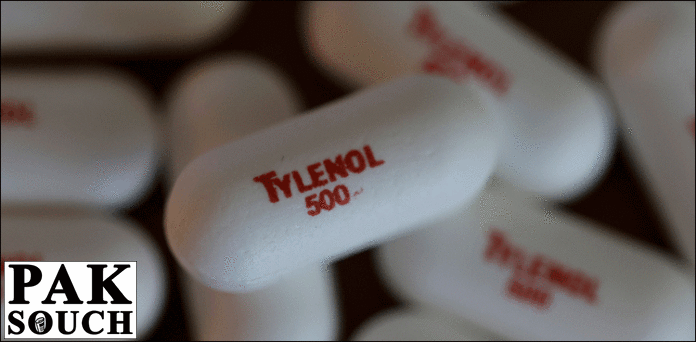Islamabad, September 22, 2025 — The Pakistani government has announced a major step to tackle the growing wave of misinformation surrounding the cervical cancer vaccination campaign, aiming to build nationwide consensus by engaging political and religious leaders.
Engaging Political and Religious Parties
According to health ministry sources, the government will soon initiate formal outreach to political parties and religious organizations to address concerns and dispel myths about the human papillomavirus (HPV) vaccine, which protects against cervical cancer.
The plan includes:
Direct meetings with political and religious leaders to gain their support.
Appeals for public endorsements of the HPV vaccination drive.
Encouraging video statements from influential clerics and community figures to be circulated on social media.
Senior officials confirmed that a government delegation will meet scholars from various schools of thought, urging them to promote awareness and encourage families to vaccinate their daughters.
Women Lawmakers Briefed
The Ministry of Health has already briefed female parliamentarians on the HPV vaccination initiative, ensuring they can actively advocate for the campaign in their constituencies. Officials believe that political consensus and religious backing will play a decisive role in overcoming skepticism and building public trust.
The Vaccination Drive
The campaign, launched by the Federal Directorate of Immunization (FDI) in partnership with the World Health Organization (WHO), Gavi Vaccine Alliance, and UNICEF, aims to protect girls aged 9 to 14 years from HPV infection — the leading cause of cervical cancer.
Key details include:
Phase One Coverage: Punjab, Sindh, Pakistan-administered Kashmir, and Islamabad.
Duration: September 15–27, 2025.
Workforce: Over 49,000 trained health workers deployed.
Global Context: With this campaign, Pakistan joins more than 150 countries where WHO-approved HPV vaccines are part of national immunization schedules.
Addressing the Propaganda Challenge
The campaign has faced resistance fueled by misinformation on social media, including false claims about fertility, religious permissibility, and vaccine safety. Officials stress that without addressing these narratives, public participation may remain limited, especially in rural and conservative communities.
By actively involving religious scholars, political figures, and respected social leaders, the government hopes to neutralize misinformation and reassure families that the vaccine is both safe and essential for long-term women’s health.
Why It Matters
Cervical cancer is one of the most common cancers among women in Pakistan, with thousands of new cases reported annually. HPV vaccination is recognized worldwide as a proven, cost-effective method of preventing the disease.
Health experts believe that if Pakistan successfully rolls out the HPV vaccine nationwide, it could significantly reduce the country’s cervical cancer burden in the coming decades.










